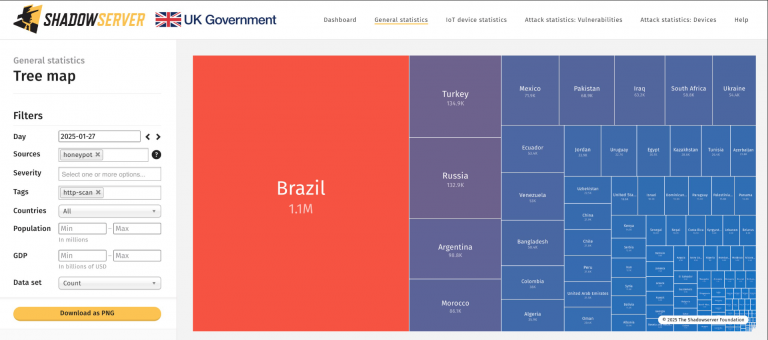
Forget everything you thought you knew about online security. No more obvious signs, clumsy pretenses, or laughable promises. The next email that appears to be sent by a friend, family member, or colleague may be such a masterful forgery that detecting the deception becomes nearly impossible.
Artificial intelligence is revolutionizing the landscape of cybersecurity. McAfee warns that cybercriminals now have the ability to effortlessly craft personalized and convincing messages that seem to originate from trusted sources. Leading email platforms like Gmail, Outlook, and Apple Mail currently lack effective defenses against this emerging threat.
According to The Financial Times, there is a surge in hyper-personalized phishing attacks generated by AI bots. Major companies such as eBay report a significant rise in fraudulent emails containing users’ personal details, harvested by AI-driven analysis of their online profiles.
Check Point predicts that by 2025, cybercriminals will utilize AI to launch highly targeted phishing campaigns and dynamically adapt malware in real time to bypass traditional security measures. Although security services are also adopting AI tools, attackers continue to refine their techniques.
AI bots can analyze vast amounts of data on an organization’s or individual’s communication style, replicating their unique characteristics to create highly convincing deceptions. They also gather information on a potential victim’s online presence and social media activity to identify the most effective topics for phishing attacks.
Corporate attacks pose a particularly grave risk, targeting confidential information or access to internal systems. Fraudsters deploy sophisticated schemes to manipulate company executives into authorizing financial transactions. Check Point asserts that modern AI technologies enable the creation of near-perfect phishing emails.
Cybersecurity researcher Nadezhda Demidova of eBay highlights that the availability of generative AI tools has drastically lowered the entry barrier for cybercrime. She notes a marked increase in attacks across all categories, describing recent fraudulent schemes as “precisely calculated and finely honed.”
The threat has become so severe that the FBI recently issued a special warning about generative AI. The agency emphasized that these tools can generate new content based on input data and correct human errors that previously served as red flags for fraud. While synthetic content itself is not illegal, it is increasingly being exploited for crimes such as fraud and extortion.
Regardless of whether AI is involved in an attack, vigilance remains paramount. It is crucial to meticulously verify any requests for money transfers or sensitive information, no matter how legitimate they may seem. Employ two-factor authentication, create robust and unique passwords or use passkeys, and avoid clicking on suspicious links under any circumstances.


